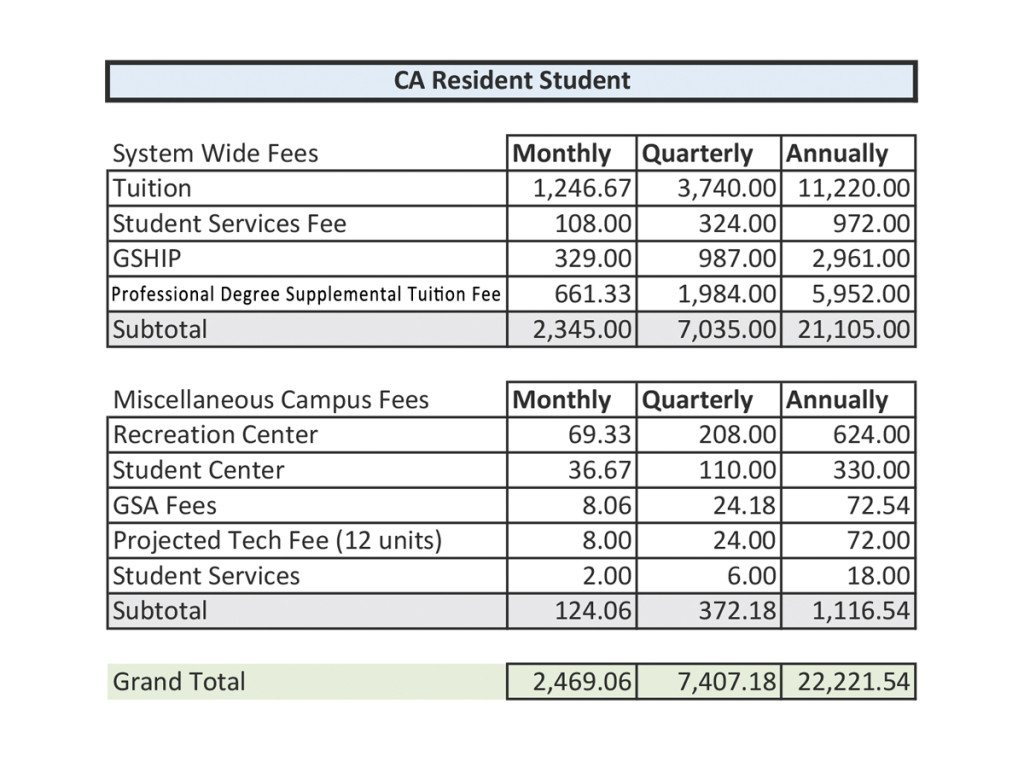
The School of Public Policy (SOPP) at UC Riverside seeks to implement an annual professional degree supplemental tuition (PDST) of $5,952 on top of its regular tuition starting in the 2015-16 academic year. PDST is an additional fee that graduate students are required to pay.
Announced during the November UC Board of Regents meeting, the PDST will apply to the school’s Master of Public Policy (MPP) program, a two-year track dedicated to studying environmental, social and regional policy-making. The regents are expected to approve the supplemental tuition fee by the end of this year.
“The PDST is important to successfully train and educate our students for future professions in public policy,” explained Mark Manalang, spokesperson for SOPP. “The PDST serves an essential purpose for our incoming graduate students — that of providing services back to the students that will prepare them for careers in public policy.”
The proposed supplemental fee for the SOPP is considered one of the lowest in comparison to MPP programs at other UCs, with UC Berkeley’s at $8,020, UCLA’s at $7,288 and UC Riverside’s on par with UC Irvine’s at $5,952.
UC Media Specialist Brooke Converse furthered that the regents approved a plan that will allow UC President Janet Napolitano to approve PDST increases of up to 5 percent for graduate professional degree programs at any UC from the years 2015-16 through 2019-20.
One-third of the PDST will go back to students in the form of financial aid, and the remainder will go back to students in the form of services such as internships and career placements.
If the school is unable to generate scholarship funding through donations, a larger portion of the PDST will be dedicated to financial aid, according to Manalang. On the other hand, a thriving pool of donations will allow the SOPP to fund an internship and position for a career services placement coordinator.
Rachel Tennell, a student ambassador of SOPP, said she was planning to apply next year for the program. “The implementation won’t affect my decision in any negative way because there is actually going to be free tuition for the first class for any qualified student,” Tennell expressed about the proposed fee. “So that would be awesome to not have to pay tuition for my masters degree whereas at other schools I might have to.”
Applicants eligible for the master program in 2015-16 will receive free tuition, in addition to a $5,000 stipend through an internship. Admissions requirements include: a bachelor’s degree or equivalent, in addition to undergraduate courses in microeconomics, statistics, introduction to politics and government or equivalent courses. The SOPP is aiming for an inaugural class of 20 students next year with the early application deadline of Jan. 5, 2015.








